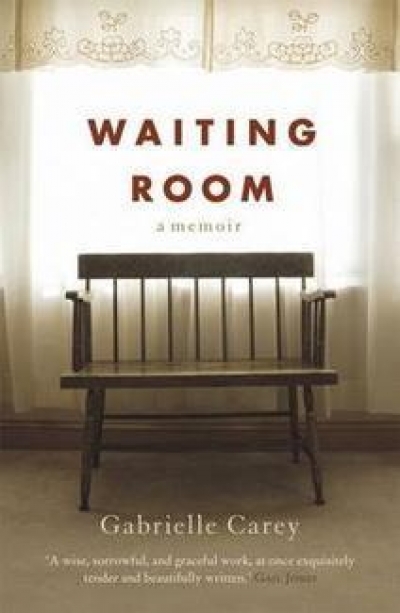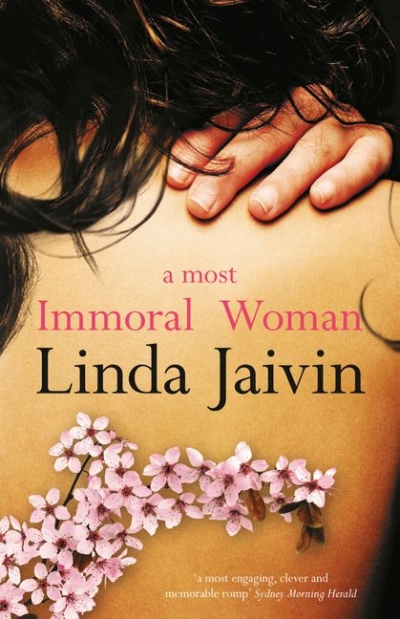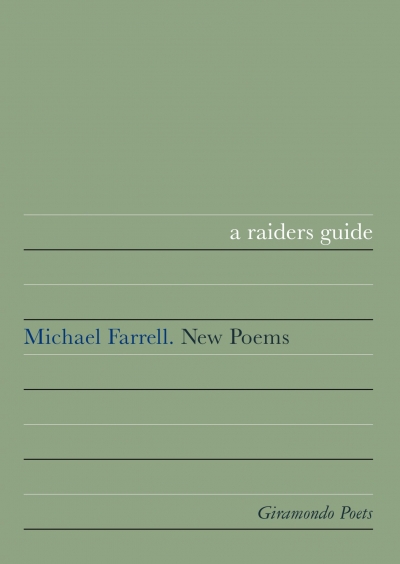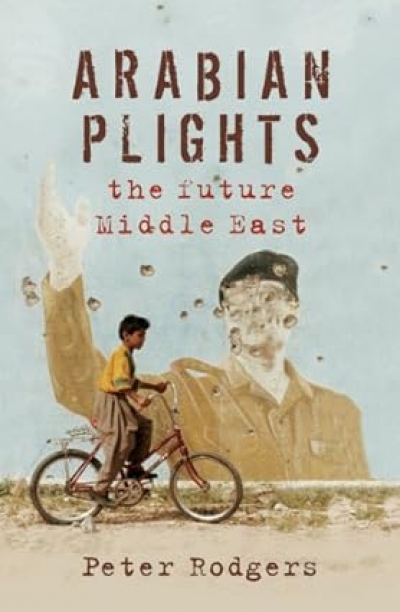Archive
When my husband died a while back, I was left with my memories and a house full of books. Harold was so ill, and for so long, that what I felt in those first few days after his death was a dulled feeling, ‘It’s over’. Not relief, certainly not joy, not even sorrow, but a blank sense of inevitability: ‘All over’: the end to the terrible struggle of the past few years, the harder struggle of the last few months, and the merciful oblivion of the last few days.
My husband had so many books, so lovingly collected. On various scraps of paper, inscribed at different times and places, he left contradictory instructions about what was to happen to his books when he died. Until I work out what to do, I have become caretaker of the books.
... (read more)Fingerprints have associations of guilt, but the footprint traditionally speaks of innocence. Think of Good King Wenceslas and his pageboy, crossing the moonlit snow to deliver food and fuel to the poor:
Mark my footsteps, good my page,
Tread thou in them boldly
Thou shalt find the winter’s rage
Freeze thy blood less coldly.
I have never been good at violence. Not even at mild arguments. So when the brick came smashing through our bedroom window in the middle of the night,I leapt from our bed and screamed. Our children came running in, more worried and frightened by the noise I had made than by the brick or by the glass scattered on our floor. This is all history now. Well, not quite. A ...
DIAMETRIC OPPOSITES
Dear Editor,
I concur with Daniel Thomas’s high opinion of the collection of Eva and Marc Besen and of their TarraWarra Museum, and share his admiration of the essays by Christopher Heathcote and Sarah Thomas in his review of Encounters with Australian Modern Art (February 2009).
...‘Urgent things to say’ in the Calibre Prize
The competition was keen, the field unprecedentedly large (almost 200 entries), but after main readings and much discussion Kevin Brophy’s and Jane Goodall’s essays struck the judges of this year’s Calibre Prize for an Outstanding Essay (Gay Bilson, Peter Rose and Rebecca Starford) as being in a class of their own. It was impossible to split them. Both writers share the third Calibre Prize for an Outstanding Essay, and each will receive $5000.
That’s all they have in common, though. It would be difficult to find two more dissimilar essays, a measure of Calibre’s versatility and the diversity of the writers who are drawn to it. Jane Goodall’s theme, like her succinct title (‘Footprints’), has a kind of suaveness and urgency as she explores ideas about ecology and personal responsibility with reference to Kate Grenville, Mrs Aeneas Gunn, Nevil Shute and a sublime short story by Leo Tolstoy.
Kevin Brophy’s fruity title (‘“What’re yer lookin’ at yer fuckin’ dog?”: Violence and Fear in Žižek’s Post-political Neighbourhood’) introduces an amazing tale of domestic mayhem and incivility in present-day inner Melbourne. Kevin Brophy’s tormentors may have been the neighbours from hell, but what a tale it is. To make sense of this five-year drama, Kevin Brophy draws on the Slovenian philosopher Slavoj Žižek and his theory that violence – ubiquitous violence, as he sees it – is the very basis of late capitalist ‘post-political’ life.
... (read more)




